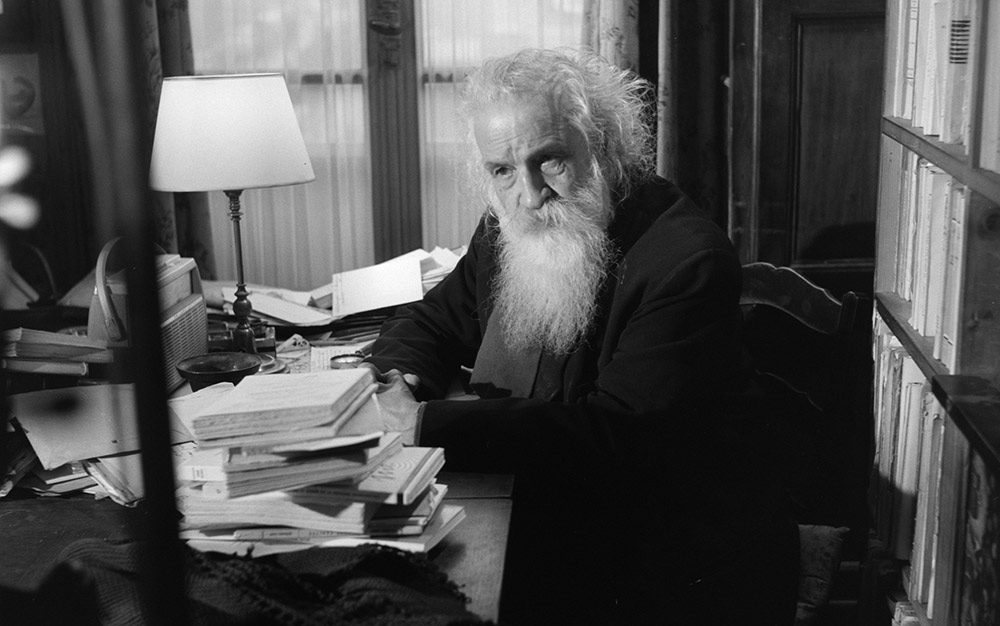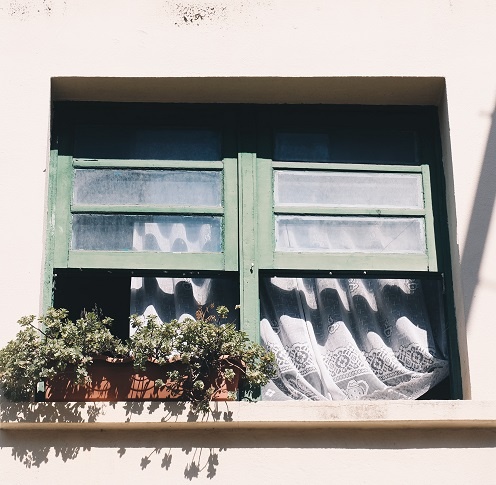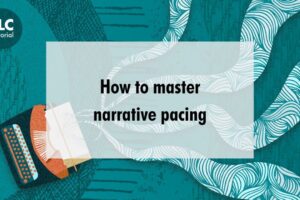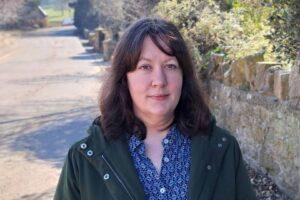Wherever I have felt truly at home, I have felt the presence of the house of my childhood – my grandparents’ home in Colombo, Sri Lanka, shimmering through the reality of the present. The desire to capture it and to give it life, so that I might linger there once more is perhaps the single most important thing that drives me. Certainly that house of affection and belonging and creativity was the inspiration for the fictional villa at the heart of my novel Beautiful Place. As Gaston Bachelard wrote in ‘The Poetics of Space’: “the houses that were lost forever continue to live on in us in order to live again.” Bachelard acknowledged the sense of regret underpinning this nostalgia, adding: “How much better we should live in the old house today…a sort of remorse at not having lived profoundly enough in the old house fills our hearts, comes up from the past, overwhelms us.”
Home is where I make things: stories, drawings, sculptural objects; home is where new connections and new collaborations feel possible, where ideas emerge and failure feels distant and irrelevant. Perhaps remembering home is itself an act of creativity. Creating the fictional villa that is the setting for my novel Beautiful Place, I wanted to create rooms and lives as vividly as possible for the reader and to evoke the atmospheres of houses of my past, places in which I had felt at home and inspired. In offering glimpses of the fictional house as seen by the characters’ and their experience of place, I hoped that the reader could construct the house for themselves built of their own dreams and ideals. This vagueness and spaciousness of description was something that Bachelard prescribed, writing: “if we have gone beyond merely assembling exact recollections, bit by bit the house that was lost in the mists of time will appear out of the shadow… it recovers its entity in the mellowness and imprecision of the inner life”. Quoting Rilke to show how a lost place can be reconstructed through snatches of experience and impressions, Bachelard described the internalisation of an old home: “…it is not a building, but is quite dissolved and distributed inside me: here one room, there another, and here a bit of corridor which, however, does not connect the two rooms, but is conserved within me in fragmentary form”.

Creativity can be a response to loss. As Horst Kornberger wrote in ‘The Power of Stories’: “Life is a series of leavetakings”, each stage, each progression, a process of departure and leaving someone, some status, or somewhere behind. The stories we tell are a way of making sense of these transitions perhaps, a process of creating something to hold us while the places of comfort and safety are left behind. But home can also be a point of arrival, a place one creates through actions and ritual. As described by John Berger in ‘and our faces, my heart, brief as photos’: “the displaced preserve their identity and improvise a shelter. Built of… habits…the raw material of repetition, turned into shelter… words, jokes, opinions, gestures, actions…home is represented not by a house but by a practice or a set of practices….Home is no longer a dwelling but the untold story of a life being lived.”
For the expat, home is a place that one has chosen, accepting a position as outsider, always an observer, but also a place that one can make as one desires. In the character of Gerhardt, an expat architect, I wanted to explore how an entire world could be woven out of hope and love and inspiration, a response to the beauty of the island. Home for Gerhardt, as it was for my grandparents, was where one worked and built community, a place where you had purpose and could create freely. This freedom is power, it is perhaps what is needed for a life that feels truly lived, doing the right work among the right people and creating the family one longs for, where one feels accepted. Home in this sense is portable, a feeling to be carried within. It is what I was trying to explore in the character of Ria, an expat returning to her homeland, searching for her place in her family of birth but finding it among strangers. This feeling of home, a sense of ease and contentment is unique and personal, something to aspire to, and that can be created wherever one goes – in fact perhaps it is always necessary to do so, for as John Berger wrote: “Every migrant knows in his heart of hearts that it is impossible to return. Even if he is physically able to return, he does not truly return, because he himself has been so deeply changed by his emigration. It is…impossible to return to that historical state in which every village was the centre of the world.”

I am writing this in a silent stone house in the Sierra Nevada mountains of Spain, in a village that I love, where even as an outsider I feel close to other artists and part of a family, where I permit myself to be a longed-for imagined self, the self that I might have been if I had stayed in my first life in another faraway world. It is an extrapolation that brings its own tension, a determination and also a sense of the impossibility of the task, yet it continues to fuel and spur on creativity: I make my best work here; it will always be the place where I finished/ let go of my novel and where I received confirmation that it had finally found a home. Home, in the context of my novel was a door opening, a being let in – not me exactly, but my creation, that thing I made out of parts of me, aspects of my inner self.
My home is perhaps somewhere else, entering through a different door to where it feels safe and exciting to reveal myself and my work, where there is a chance of really being seen, where I have purpose and am blessed with acceptance. For many of us who are BAME writers and artists this feeling of home is so desired and so elusive; a mission, a fight, an endless yearning, not least during these difficult and divisive times. As John Berger wrote: “the one hope of recreating a centre now is to make it the entire earth. Only worldwide solidarity can transcend modern homelessness.” It is through our own connections perhaps, beyond the limitations we encounter, that we can make our true home, linking up and expanding to create a more accepting welcoming world for ourselves and our work.









